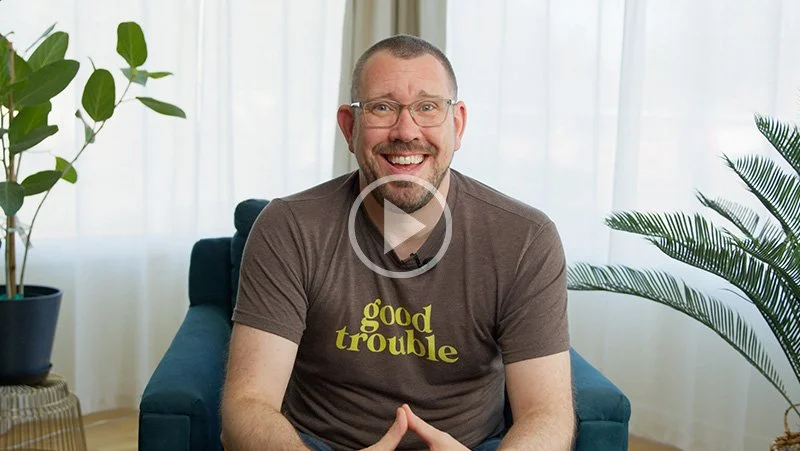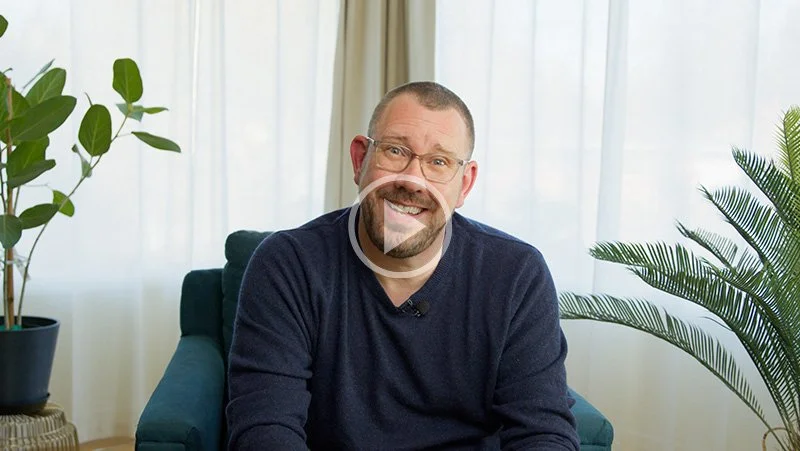How to Get Along with Anyone at Work
Welcome to the #culturedrop. Every Tuesday, Galen Emanuele emails tools to advance leadership skills, team culture, and personal growth. No spam, just great content. Sign up now to get it in your inbox.
“People are hard to hate close up. Move in.”
The only way to find out what makes people tick and understand them deeply is to dive in, get close, and be curious. All of which are impossible to do from a distance.
How can you get along with anyone at work?
“Cohesive teams that are free from personality conflicts and drama are more engaged, productive, efficient, and employees stay longer in their jobs.”
Naturally workplaces are very diverse. People have different communication styles, working styles, personality types, lived experiences, neural processes, skill sets, backgrounds, etc. When people get along and work well together, despite being very different from person to person, teams and companies benefit in a huge way. Cohesive teams that are free from personality conflicts and drama are more engaged, productive, efficient, and employees stay longer in their jobs.
The answer to the question of “How can you get along with anyone at work?” is through communication and understanding.
The more that we understand each other, meaning what makes our coworkers tick, where they're coming from, how they process things, their perspective, and motivations, etc. the more that we create connection and empathy for each other.
When teams proactively communicate about these types of things, they are healthier and stronger together.
“Teams can massively reduce conflict, misunderstandings, and communication breakdowns by people simply knowing each other on a bit deeper level.”
There is a huge benefit to workplaces to normalize this kind of communication and facilitate opportunities for employees to understand where each other are coming from and what they need from one another. The fact that people are diverse in so many areas means that they have very different perspectives and needs.
Teams can massively reduce conflict, misunderstandings, and communication breakdowns by people simply knowing each other on a bit deeper level. People naturally make less assumptions when coworkers understand things like:
How can the people that you work with earn an extra gold star with you in terms of how they show up?
What are some pet peeves of yours on a team?
What’s the most effective way for someone to give you feedback?
What are some things about you that people maybe don't understand or misinterpret about how you operate?
When we know answers to questions like these about our coworkers, it makes it easier to interact and relate to them.
“As a result of knowing people better and deeply understanding them, we make less assumptions about their behavior.”
As a result of knowing people better and deeply understanding them, we make less assumptions about their behavior. When there is an issue or static with someone else, people are more likely to go sort it out with that person directly when they have rapport and trust and a personal connection. And when those elements exist on teams, it also creates an environment where conflicts between people are rare because issues get addressed long before they blow up into conflicts.
I've created an exercise for teams to use to facilitate some great communication around this. It’s a handful of insightful questions to answer together to create deeper understanding of what makes each of you tick. It is also a great exercise for some self reflection. Download the resource and come together as a team to have meaningful dialogue that will make you stronger and more cohesive.
“The truth is you can get along with anybody at work if you want to.”
Final note: The answer to the question, “Can you get along with anyone at work?”
The answer is yes, if you want to.
If you have the intention of wanting to more deeply understand people, to build connection with them, and get along with someone, even who is very different than you, it is possible. As long as you have that desire, you will make efforts and show up in a way that makes that possible. This simple exercise is a great start.
Want more?
This article was created by Galen Emanuele for the #culturedrop. Free leadership and team culture content in less than 5 minutes a week. Check out the rest of this month's content and subscribe to the Culture Drop at https://bit.ly/culturedrop







